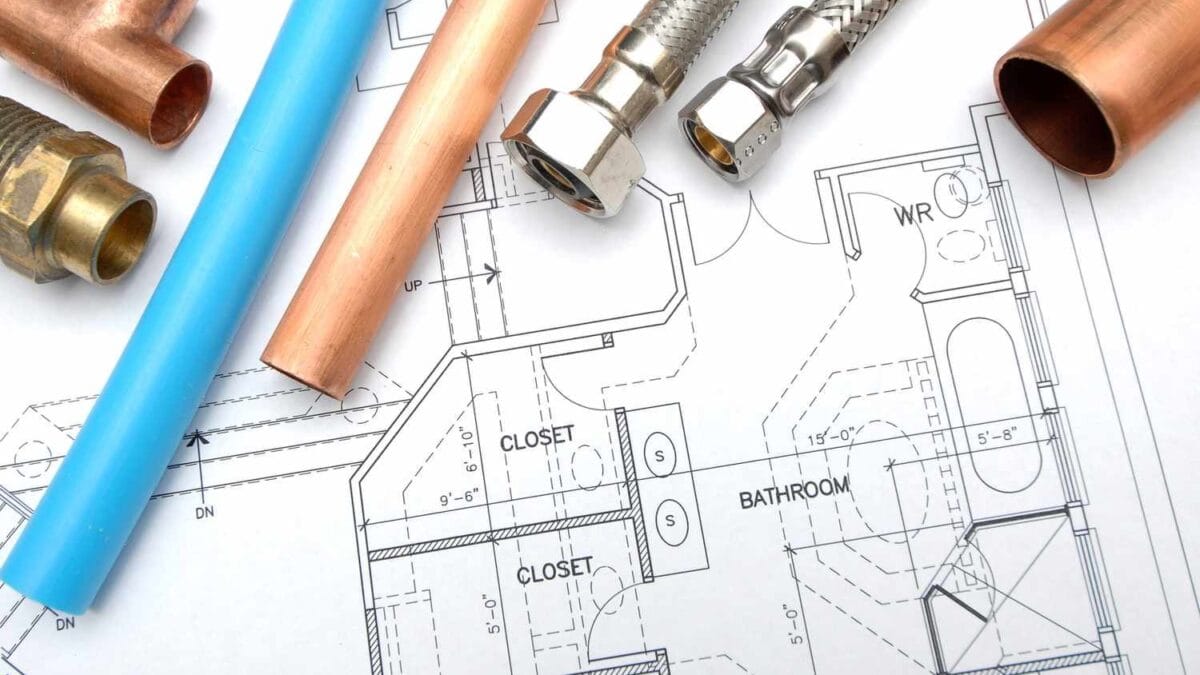Plumbing codes and regulations play a crucial role in ensuring the safety, efficiency, and reliability of plumbing systems in homes and businesses. In plumber green bay wi, as in many other cities across the United States, adherence to these codes is mandatory for all plumbing installations, repairs, and renovations. Understanding these codes not only helps homeowners and plumbers comply with legal requirements but also ensures that plumbing work meets high standards of quality and safety.
What are Plumbing Codes?
Plumbing codes are sets of regulations established by local, state, and national authorities to govern the design, installation, and maintenance of plumbing systems. These codes aim to protect public health, safety, and welfare by addressing issues such as sanitation, water supply, drainage, and plumbing fixture performance. In Green Bay, WI, the plumbing code primarily follows guidelines set forth by the Wisconsin Department of Safety and Professional Services (DSPS) and may also incorporate local amendments specific to the city.
Importance of Plumbing Codes in Green Bay, WI
Adhering to plumbing codes is not just about compliance; it ensures that plumbing systems function effectively and safely. Here are several key reasons why plumbing codes are essential in Green Bay, WI:
1. Health and Safety Standards
Plumbing codes include provisions for maintaining sanitary conditions and preventing contamination of drinking water. Proper installation and maintenance of plumbing fixtures and systems reduce the risk of waterborne diseases and ensure safe water supply for residents.
2. Quality Assurance
Codes establish minimum standards for materials, construction techniques, and installation methods. Compliance with these standards ensures that plumbing work meets quality benchmarks, promoting durability and reliability of plumbing systems over time.
3. Environmental Protection
Many plumbing codes now incorporate provisions for water conservation and environmental sustainability. Requirements for efficient fixtures, water reuse systems, and proper disposal of wastewater contribute to reducing water consumption and environmental impact.
4. Legal Compliance
Failure to comply with plumbing codes can result in fines, delays in project completion, or even legal liabilities. Homeowners, contractors, and plumbers must understand and adhere to these regulations to avoid costly penalties and ensure smooth project approvals.
Plumbing Code Requirements in Green Bay, WI
In Green Bay, WI, plumbing code requirements cover various aspects of plumbing installations and renovations. Some common requirements include:
1. Permitting and Inspection
Most plumbing work in Green Bay requires a permit issued by the Department of Public Works or another relevant authority. Permits ensure that proposed plumbing projects meet code requirements before work begins. Inspections during and after construction or renovation verify compliance with approved plans and code standards.
2. Fixture Requirements
Plumbing codes specify the types and installation standards for plumbing fixtures such as sinks, toilets, showers, and water heaters. Requirements may include minimum flow rates, accessibility standards, and installation clearances to ensure proper function and safety.
3. Pipe Sizing and Material Standards
Codes prescribe standards for the sizing and materials used in plumbing systems to ensure adequate water flow, prevent leaks, and maintain system integrity. Requirements may specify acceptable materials for pipes, fittings, and joints based on durability, corrosion resistance, and compatibility with local water conditions.
4. Backflow Prevention
To protect against the contamination of potable water supplies, plumbing codes require the installation of backflow prevention devices where necessary. These devices prevent the reverse flow of non-potable water or substances into the drinking water supply, safeguarding public health.
5. Accessibility Requirements
Accessibility standards ensure that plumbing fixtures and facilities are accessible to individuals with disabilities. Codes may specify dimensions for clearances, grab bar installation, and other accommodations to comply with the Americans with Disabilities Act (ADA) and local accessibility guidelines.
Staying Compliant with Plumbing Codes
For homeowners and contractors in Green Bay, WI, staying compliant with plumbing codes involves several steps:
Research and Consultation: Familiarize yourself with local plumbing codes and any specific requirements applicable to your project. Consult with a licensed plumber or building official if you have questions or need clarification.
Obtain Permits: Obtain necessary permits for plumbing work before beginning construction or renovations. Submit detailed plans that meet code requirements for review and approval by the local permitting authority.
Work with Licensed Professionals: Hire licensed plumbers who are familiar with Green Bay’s plumbing codes and have experience in complying with local regulations. Licensed professionals understand the importance of code compliance and can ensure that work meets all requirements.
Schedule Inspections: Arrange for inspections at various stages of the project as required by the permitting authority. Inspections verify that plumbing installations meet approved plans and comply with code standards before final approval is granted.
Conclusion
Understanding plumbing codes and regulations in Green Bay, WI, is essential for homeowners, contractors, and plumbers involved in construction, renovation, or repair projects. By adhering to these codes, stakeholders ensure that plumbing systems are safe, efficient, and compliant with legal standards. For comprehensive guidance on specific requirements, consult local building authorities or professional plumbing services familiar with Green Bay’s regulations. Compliance not only promotes public health and safety but also contributes to the long-term sustainability of plumbing infrastructure in the community.
Related posts
Recent Posts
Why “Standard Size” Windows Don’t Exist? Window Replacement Experts in Athens, AL Get the Perfect Fit
When it comes to home renovations, windows play a pivotal role in both aesthetics and functionality. Many homeowners in Athens, AL, might assume that window sizes are standardized, but this is a common misconception. In reality, the concept of “standard” window sizes is more myth…
Why do regular AC tune-ups extend the life of your cooling system?
Air conditioning systems are substantial investments, typically costing thousands of dollars to replace. Without regular maintenance, these systems deteriorate faster than necessary. Depending on the manufacturer, neglected HVAC systems can lose up to 5% of their efficiency yearly without proper maintenance. This decline happens gradually,…



